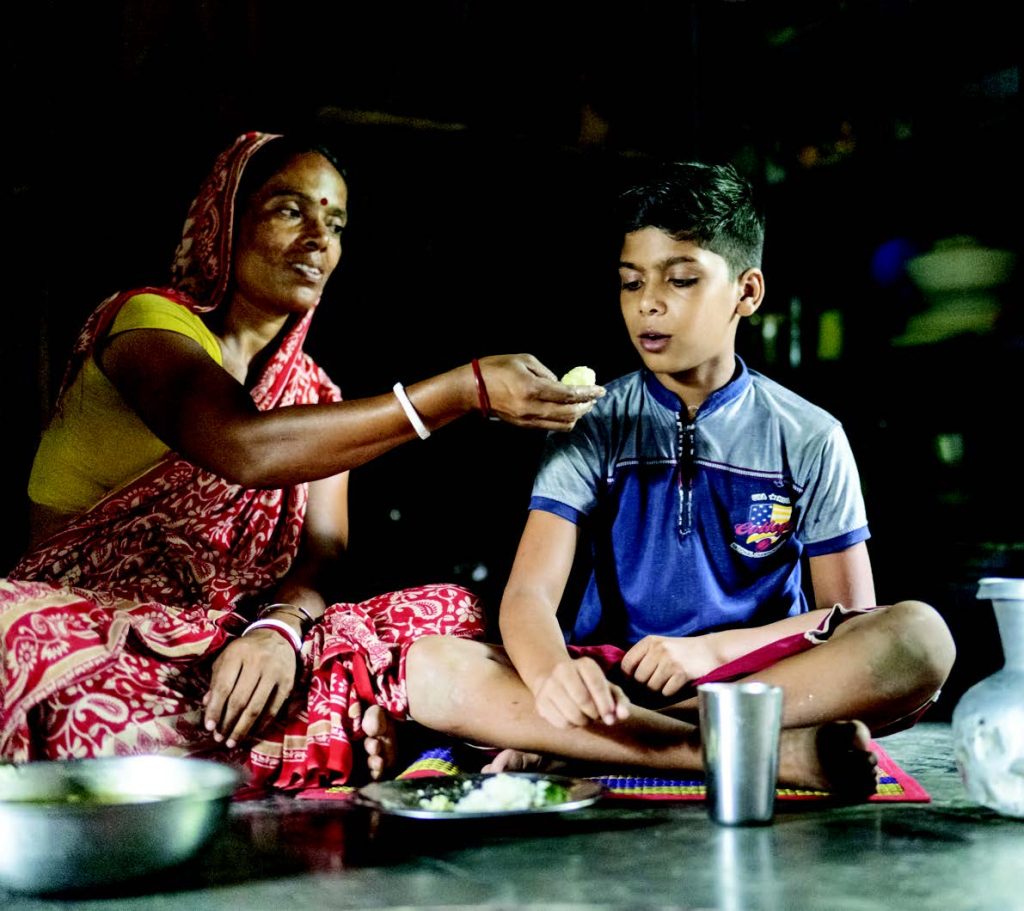5. Lessons learned
The journeys of Bangladesh, India and Timor-Leste in developing new rice fortification standards has identified strategic lessons learned, specifically around the positioning of such projects with local authorities and stakeholders to raise their profile and leverage adequate support throughout the process.
Adequately positioning the project
When a government prioritizes improving the food value chain, this can be leveraged to build the accountability of relevant ministries, especially those that have a stake in developing food value chains and helping private companies, for example the Ministry of Industry.
Leading standard development processes as a public health initiative only can ignore the opportunity to make the right connections and get the necessary buy-in of private sector partners, who play a central role in implementing fortification legislation further down the line. Identifying which ministries in each country context have a stake in strengthening the national rice value chain will broaden support.
When different ministries work together, they can create a framework where fortified foods benefit both public health and the economy. This alignment ensures that fortification initiatives are sustainable and not isolated efforts.
Building review mechanisms into the legislation
Integrating and planning for the ongoing revision of standards in light of new data and shifting consumption patterns is necessary.
Updating standards on an ongoing basis offers an opportunity for policy review and ensures that fortification legislations are current with the needs of the population. A clear illustration of the opportunity offered by such reviews was witnessed in Bangladesh, where mandatory fortification of wheat flour was dropped on the adoption of the rice fortification mandate.
For countries embarking on standard development processes from scratch, it is important to ensure that periodic and systematic reviews of the standards are built into the law to reflect dietary needs/shifts and updated scientific evidence and developments.



